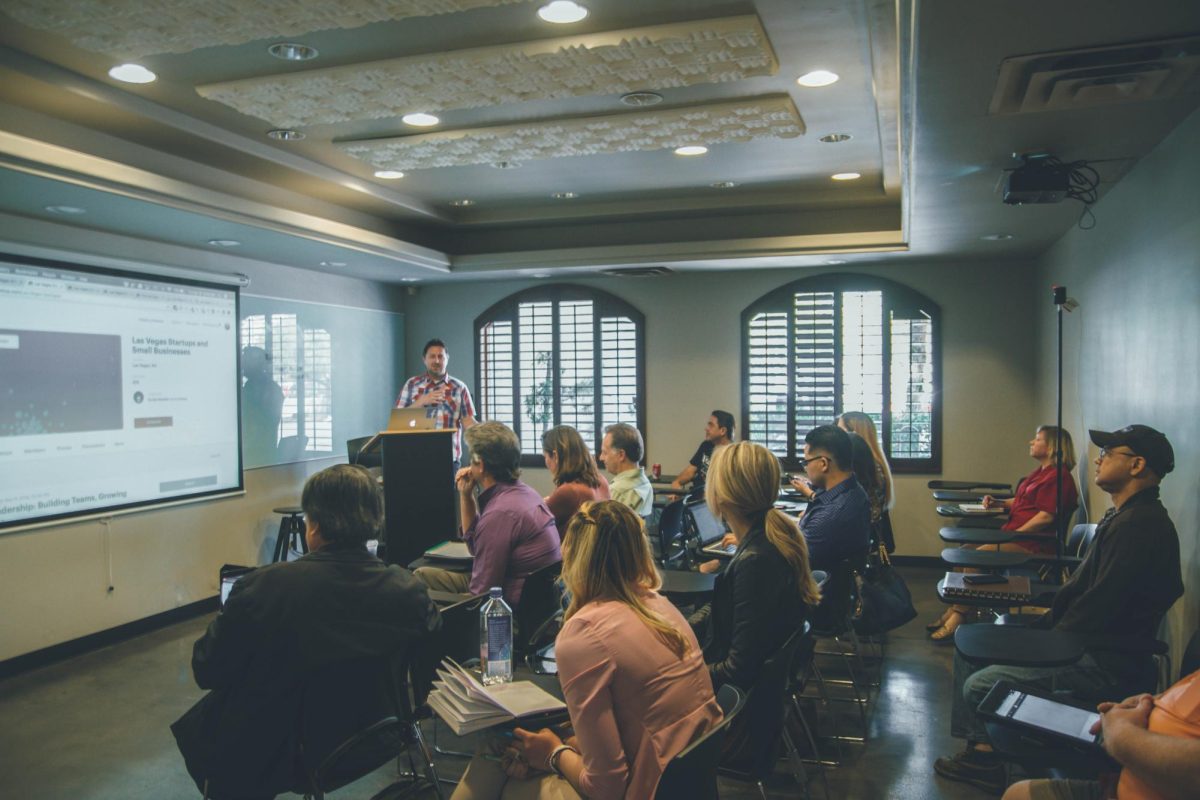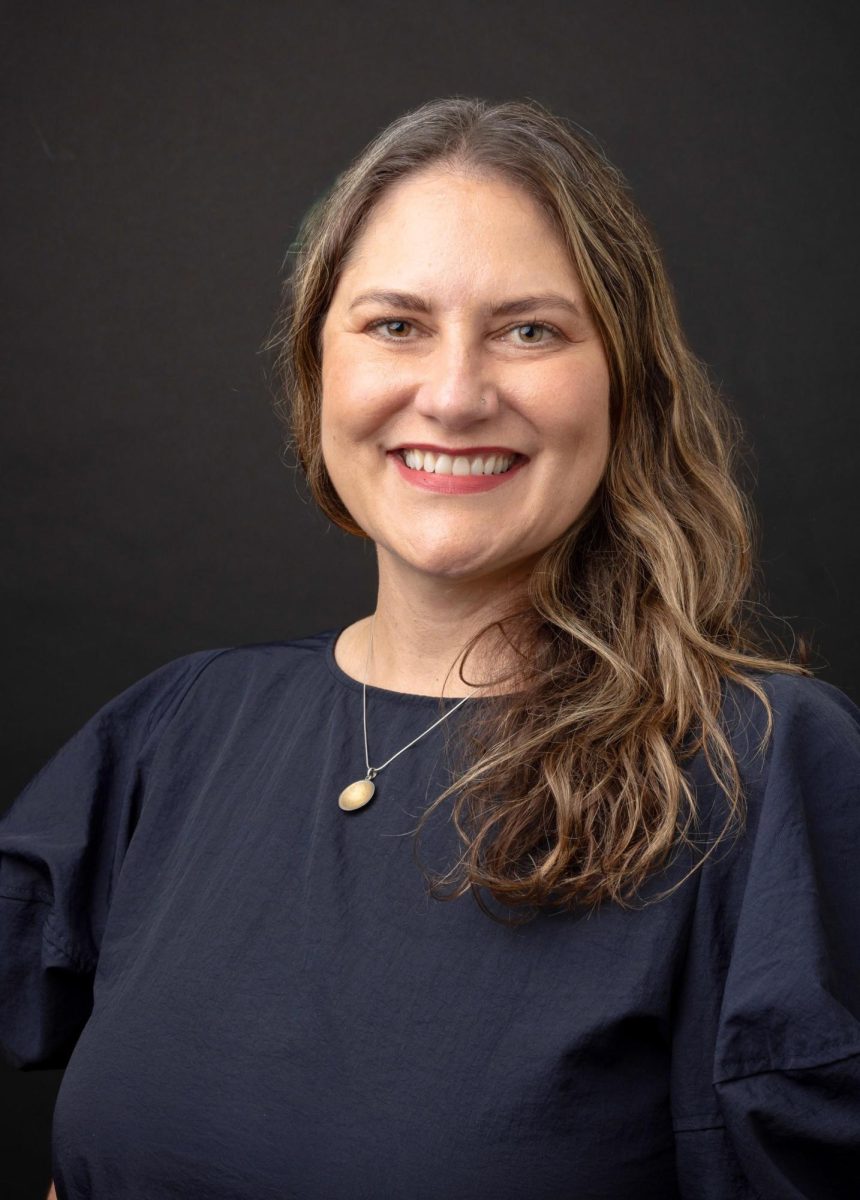Enrollment in Advanced Placement (AP) courses has become so normalized at ELHS, that it is unsurprising for students to juggle several of these demanding classes within their schedule. After eight months of memorizing information, the ultimate goal of the class – the AP test – passes, and a considerable amount of the memorized information disappears.
Critical skills essential to learning and understanding information can come from discussions or presentations that the curriculum often does not have time for. This problem is in part due to the accelerated pace and large volume of information students learn over a short period, resulting in short-term retention from memorization. In their book, Turning Learning Right Side Up: Putting Education Back on Track, authors Russell L. Ackoff and Daniel Greenberg point out “In most schools, memorization is mistaken for learning. Most of what is remembered is remembered only for a short time, but then is quickly forgotten.” While memorization is important and a vital part of learning, if connections are not made between content, students cannot apply the information they learned outside of class.
In my experience, I have found how much information I remember based upon the content of the class. For instance, APUSH is more memorization-based through dates and events, and after taking the exam, I struggled to remember much of the material.
On the other hand, AP Lit is more skill-based, and the practice and experience I gained from writing has carried on into other outlets. I have found that when I’m taking an AP class that I have an interest in, I’m more likely to understand the content and use it beyond the class.
There is no doubt that AP classes provide a competitive edge in the college admissions process.
While exams are an important tool to test a student’s knowledge, basing a course on a singular four-hour testing event will inevitably lead to a lack of understanding when students use short- term study techniques to prepare themselves.
If you asked AP students questions about the course in July, I would bet money most would struggle to remember the material they were tested on just a few months ago in May.
It often feels like AP classes’ main focus is on passing a class or achieving a high score on an AP test, instead of educating students on the subject they are learning. This type of structure in a course prepares students for a test, not for real-world application. If the point of AP classes is to learn introductory college-level course material to advance to more specific classes sooner, shouldn’t the outcome of the class be to actually retain the intro-level knowledge?
Placing value on the ability to memorize information instead of one’s ability to build off of the intro-level content is a wasted opportunity in our educational system.
We lose the value of the content itself in the curriculum.
As we work to improve education, it’s crucial to remember that true learning extends beyond one exam day in May. It should be a thorough, lasting understanding of the subject that can be used in practical situations.
It is up to the student to use the information they have learned and use it beyond the exam. This form of learning not only stays with us but gives us the ability to utilize the knowledge effectively beyond the classroom setting.








